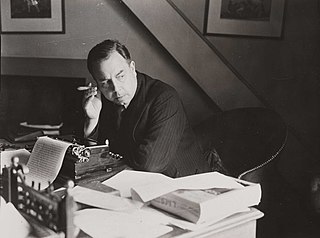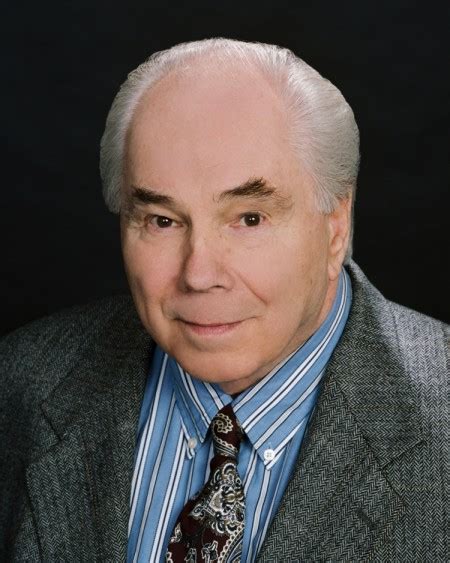A Quote by Barbara Deming
The longer we listen to one another - with real attention - the more commonality we will find in all our lives. That is, if we are careful to exchange with one another life stories and not simply opinions.
Related Quotes
To be a great teacher, you can't simply be looking at how to earn your income. And with a priest or spiritual leader - there's another relationship that makes those lives what they are. And in each of these cases you'll find elements of gift exchange thriving, and you'll also find a tension around it.
But the point is, now, at this moment, or any moment, we're only cross-sections of our real selves. What we really are is the whole stretch of ourselves, all our time, and when we come to the end of this life, all those selves, all our time, will be us - the real you, the real me. And then perhaps we'll find ourselves in another time, which is only another kind of dream.
We read novels because we need stories; we crave them; we can’t live without telling them and hearing them. Stories are how we make sense of our lives and of the world. When we’re distressed and go to therapy, our therapist’s job is to help us tell our story. Life doesn’t come with plots; it’s messy and chaotic; life is one damn, inexplicable thing after another. And we can’t have that. We insist on meaning. And so we tell stories so that our lives make sense.
Real music will make you more and more refined. It will become more and more silent. In fact, real music will help you to listen to silence, where all notes disappear, where only gaps remain. One note comes, disappears, and another has not come, and there is a gap. In that gap meditation flows in you.
There are few master teachers in life. ... But there are many who can listen to life so well that they can hear the vastness in everything and in you. A teacher is someone who has learned to listen to life. Someone who has found a way to listen well. Any real teacher is only a finger pointing. In the end, we may find out more by not following our teachers but by following what our teachers follow for themselves. From a good teacher you may learn the secret of listening. You will never learn the secrets of life. You will have to listen for yourself.
My point is, however, that churches do promote beliefs that would more appropriately find a place in a context of intellectual debate. They wind up cheerleading for highly dubious opinions on historical, scientific, and metaphysical matters, simply on the bases of emotional preference and the inertia of tradition. They demand conformity to these beliefs, and if you cannot swim with the current, then, well partner, maybe you'd be happier in another pool, another lake in fact, the one ablaze with burning sulfur.
Such is the common process of marriage. A youth and maiden exchange meeting by chance, or brought together by artifice, exchange glances, reciprocate civilities, go home, and dream of one another. Having little to divert attention, or diversify thought, they find themselves uneasy when they are apart, and therefore conclude that they shall be happy together. They marry, and discover what nothing but voluntary blindness had before concealed; they wear out life in altercations, and charge nature with cruelty.
Do you have any idea how many lives we must have gone through before we even get the first idea that there is more to life than eating, or fighting, or power in the Flock? A thousand lives, Jon, ten thousand! And then another hundred lives until we began to learn that there is such a thing as perfection, and another hundred again to get the idea that our purpose for living is to find that perfection and show it forth... we choose our next world through what we learn in this one. Learn nothing, and the next world is the same as this one, all the same limitations and lead weights to overcome.
Yet again, an ancient answer echoes across the centuries: Listen! Listen to stories! For what stories do, above all else, is hold up a mirror so that we can see ourselves. Stories are mirrors of human be-ing, reflecting back our very essence. In a story, we come to know precisely the both/and, mixed-upped-ness of our very being. In the mirror of another's story, we can discover our tragedy and our comedy-and therefore our very human-ness, the ambiguity and incongruity, that lie at the core of the human condition.
The Nigerian storyteller Ben Okri says that ‘In a fractured age, when cynicism is god, here is a possible heresy: we live by stories, we also live in them. One way or another we are living the stories planted in us early or along the way, or we are also living the stories we planted — knowingly or unknowingly — in ourselves. We live stories that either give our lives meaning or negate it with meaninglessness. If we change the stories we live by, quite possibly we change our lives.’

































